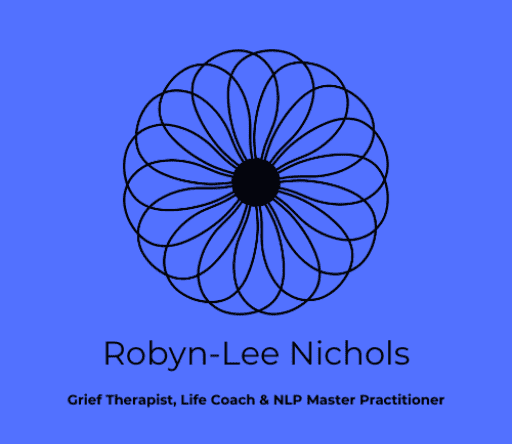Long-Term Mourning and Understanding Why Grief Persists in Five Steps.
Grief is a complex and deeply personal journey that doesn’t adhere to a fixed timeline. In fact, many of us will suffer from long-term mourning, as society often expects individuals to “move on” after a certain period, the reality is that grief can persist for years, even decades, after a significant loss. This article explores the reasons behind long-term mourning and addresses complicated grief scenarios that may benefit from professional support.
The Misconception of Time Healing All Wounds
The adage “time heals all wounds” is a well-intentioned but often misguided attempt to comfort those who are grieving. While time can certainly help in processing loss, it doesn’t guarantee complete healing or the absence of pain. Grief is not a linear process with a definitive endpoint; rather, it’s a lifelong journey of adaptation and integration, and managing long-term mourning.
Why Grief Persists, and reasons for Long-Term Mourning.
- Emotional Bonds Endure: The love and connection we feel for those we’ve lost don’t simply vanish with their passing. These emotional bonds continue, leading to ongoing feelings of loss and longing.
- Milestones and Reminders: Significant life events, holidays, and anniversaries can trigger intense grief reactions, even years after a loss. These moments serve as stark reminders of the absence of our loved ones.
- Unresolved Emotions: Feelings of guilt, regret, or unfinished business can prolong the grieving process, as individuals struggle to come to terms with aspects of their relationship or the circumstances of the loss.
- Identity Shifts: Losing a loved one often requires a fundamental shift in one’s identity and role in life. Adapting to these changes is an ongoing process that can contribute to persistent grief.
- Secondary Losses: The ripple effects of a significant loss can lead to secondary losses in areas such as finances, social connections, or life plans. Each of these secondary losses requires its own grieving process.
Complicated Grief Scenarios
While grief is a natural response to loss, certain circumstances can lead to complicated grief, a condition where acute grief symptoms persist and interfere with daily functioning. Here are some scenarios that may indicate a need for professional support:
- Sudden or Traumatic Loss: When a death is unexpected or occurs under traumatic circumstances, such as accidents or violence, the shock and trauma can complicate the grieving process.
- Multiple Losses: Experiencing several significant losses in a short period can overwhelm an individual’s coping mechanisms, leading to prolonged and intense grief.
- Disenfranchised Grief: Losses that are not openly acknowledged or socially supported, such as the death of an ex-spouse or a miscarriage, can lead to complicated grief due to a lack of validation and support.
- Delayed Grief: Sometimes, individuals may postpone their grieving process due to immediate responsibilities or shock. When grief finally surfaces, it can be particularly intense and disorienting.
- Childhood Loss: Losing a parent or sibling during childhood can have long-lasting effects, as children may not have the emotional capacity to fully process the loss at the time.
- Ambiguous Loss: Situations where there is no closure, such as a missing person or a loved one with dementia, can result in unresolved grief that persists indefinitely.
The Role of a Grief Coach, and exposing long-term mourning to short-term goals.
For those experiencing ongoing or complicated grief, seeking support from a grief coach can be invaluable. A grief coach offers:
- Validation: Acknowledging that your grief is real, valid, and doesn’t have an expiration date.
- Coping Strategies: Providing tools and techniques to manage grief symptoms and navigate difficult emotions.
- Guidance: Helping you understand the grief process and what to expect as you move forward.
- Support: Offering a safe, non-judgmental space to express your feelings and memories.
- Empowerment: Assisting you in finding meaning and purpose as you integrate your loss into your life story.
Embracing Ongoing Grief
It’s crucial to understand that ongoing grief is not a sign of weakness or an inability to cope. It’s a testament to the depth of love and connection we share with those we’ve lost. By acknowledging the enduring nature of grief, we can approach our experiences with greater compassion and understanding.
If you find yourself struggling with persistent grief or identifying with any of the complicated grief scenarios mentioned, consider reaching out to a grief coach. Remember, seeking support is a sign of strength, not weakness. You don’t have to navigate this challenging journey alone.
Grief may be a lifelong companion, but with the right support and understanding, it can coexist with healing, growth, and a renewed sense of purpose. Your grief is unique, valid, and deserving of compassion – both from others and, most importantly, from yourself.








